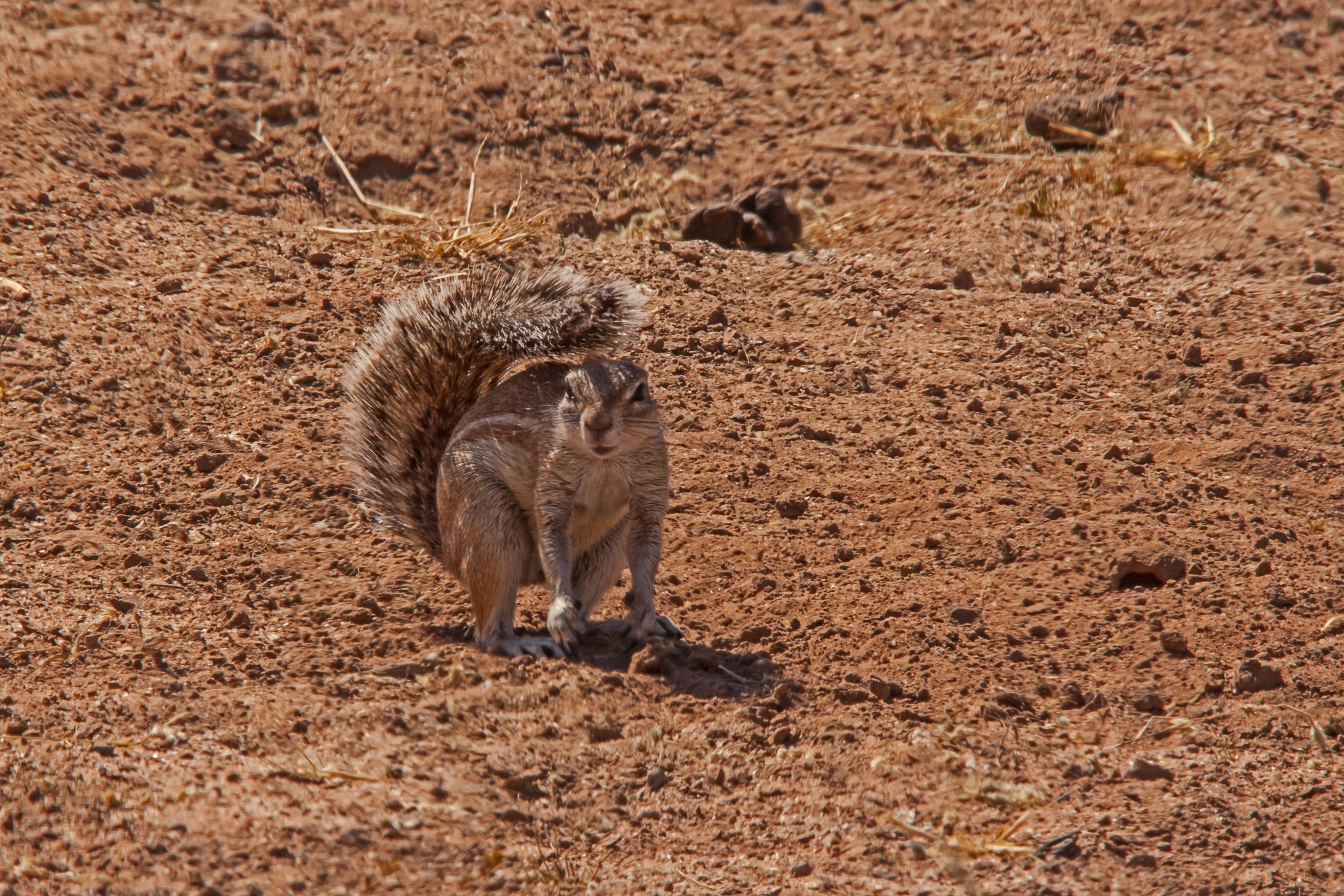Climate change is altering squirrel sperm, study finds
Discovery could potentially threaten how squirrels survive and reproduce in near future, experts warn

Your support helps us to tell the story
From reproductive rights to climate change to Big Tech, The Independent is on the ground when the story is developing. Whether it's investigating the financials of Elon Musk's pro-Trump PAC or producing our latest documentary, 'The A Word', which shines a light on the American women fighting for reproductive rights, we know how important it is to parse out the facts from the messaging.
At such a critical moment in US history, we need reporters on the ground. Your donation allows us to keep sending journalists to speak to both sides of the story.
The Independent is trusted by Americans across the entire political spectrum. And unlike many other quality news outlets, we choose not to lock Americans out of our reporting and analysis with paywalls. We believe quality journalism should be available to everyone, paid for by those who can afford it.
Your support makes all the difference.A study in Canada has found that climate change is altering squirrels’ sperm and feet, warning of a big consequence that could potentially endanger ecosystems.
Researchers from Manitoba University found that male Richardson’s ground squirrels - a species found in the Canadian prairies - emerged from hibernation during a particularly warm winter with non-motile sperm, not capable of movement, and “shot blanks”.
The team also examined Cape ground squirrels in hotter African countries to see how they were responding to the increased ambient temperatures.
They found that as maximum temperatures at the nature reserve increased by over two degrees celsius, the squirrels' feet enlarged and bodies shrunk.
Lead author of the study, Miya Warrington said in an interview with CTV News: “These proportionally bigger feet may help the ground squirrel cool off by allowing them to shed more heat even faster than those squirrels with smaller feet.”
“Likewise, smaller bodies are predicted to help animals shed heat at a faster rate than larger-bodied animals.”
She added: “This result suggests that ground squirrel bodies may be changing in response to the greater heat stress that these animals are experiencing in recent years.”
Animals responding and adapting to rising temperatures is not unexpected. However, changes in an animal's shape in response to climate change may have severe consequences beyond external aesthetics in the near future.
Ms Warrington said: “Cape ground squirrels are very social species, and changes to their bodies and behaviours can affect how they operate as a social species, which then may affect their survival and reproduction."
In the case of the altered sperm found in Richard's ground squirrels, they found that this appeared because the animals ended their hibernation period earlier, due to the warmer temperatures.
Although the squirrels were “shooting blanks”, the team reported no drop in the number of young born during that time.
Head of the Behavioral, Ecological & Evolutionary Research Lab at Manitoba University, Jane Waterman, said: “Our study, and the studies of many others, are showing us that nature, in some cases, can respond quickly to rapid environmental changes.”
“Humans need to be mindful of all effects of climate change, even 'small' ones so we can respond with deliberate, swift action as needed.”
Join our commenting forum
Join thought-provoking conversations, follow other Independent readers and see their replies
Comments